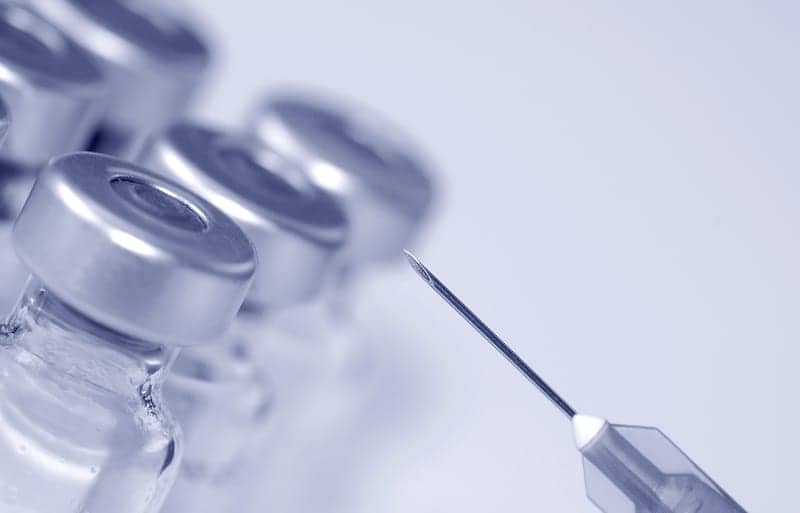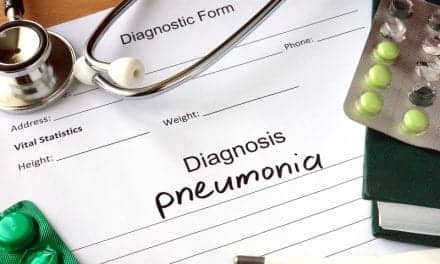New research is helping researchers produce vaccines at lower prices to promote widespread use and protect the estimated 1.6 million children who die annually from pneumonia, reports Science Daily.
As a child in war-ravaged Korea, Moon Nahm, MD, decided his life’s goal would be to create a company and use its profits to fund research. Instead, the Korean-born researcher grew up to build what a recent National Institutes of Health review calls “a national treasure” — the World Health Organization Pneumococcal Serology Reference Laboratory at the University of Alabama at Birmingham.
Nahm uses the lab to help achieve a new goal — affordable pneumonia vaccines for the world. His groundbreaking research is on the threshold of aiding researchers in producing vaccines at prices that will propel their widespread use and help protect the estimated 1.6 million children, most of them under the age of 5, who die yearly from S. pneumoniae infections. S. pneumoniae is the leading cause of pneumonia.
“We need to reduce the cost for use in developing countries — from more than $100 a dose in the United States to less than $10 per dose,” Nahm said. “That is a key goal for the World Health Organization and the Bill & Melinda Gates Foundation.”
One of Nahm’s crucial discoveries was a method to rapidly and inexpensively test whether a vaccine candidate effectively elicits antibodies that can kill the S. pneumoniae bacteria. The test — developed, improved and validated through years of painstaking work by Nahm’s research team — is vital in Korean, Chinese, Indian and other efforts to develop new generic vaccines.










